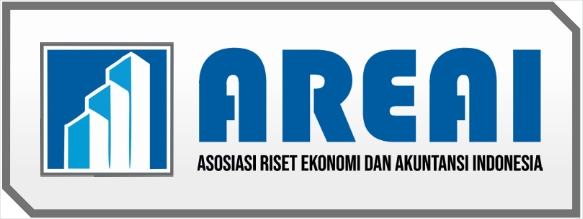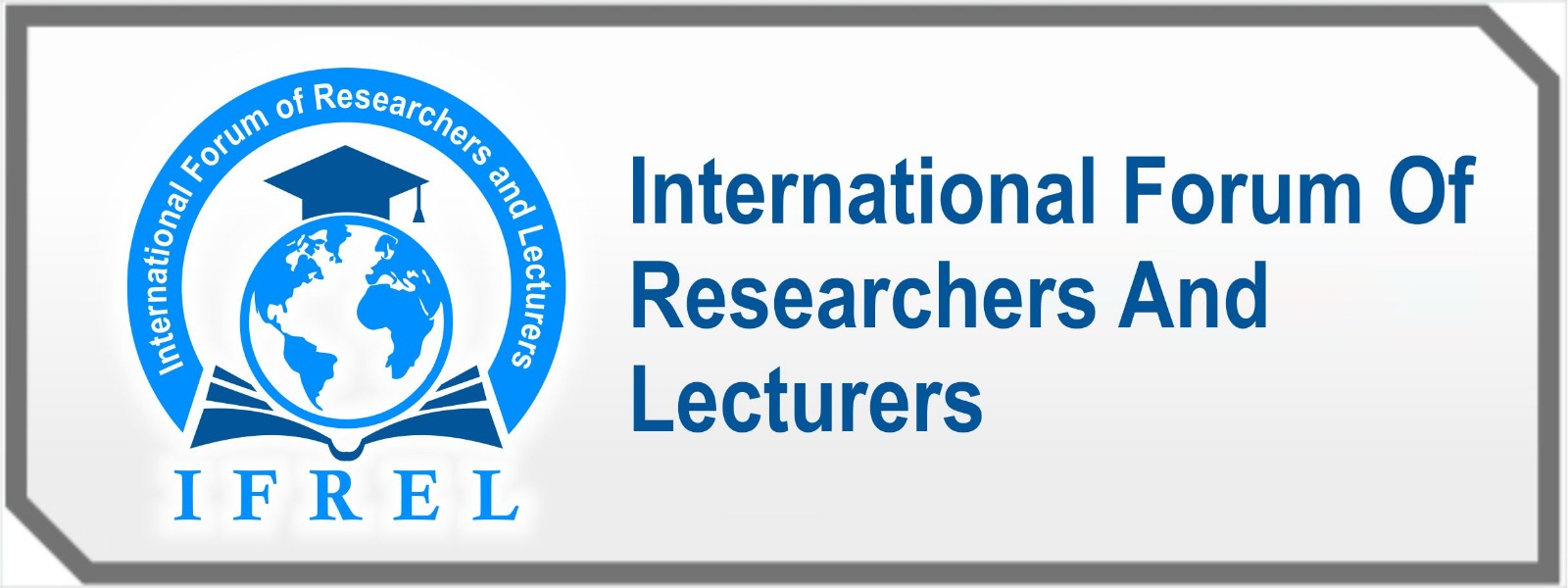Empowering MSMEs Through Financial Literacy and Management Skills
DOI:
https://doi.org/10.55606/iceb.v1i1.394Keywords:
Financial literacy, MSMEs (Micro, Small, and Medium Enterprises), Training interventions, Qualitative research, Business performanceAbstract
This research aims to investigate strategies for enhancing financial literacy and management skills among Micro, Small, and Medium Enterprises (MSMEs). The study utilizes a mixed-method approach incorporating interviews, surveys, and case studies to explore the current financial literacy levels among MSME owners, identify effective training models, and assess the impact of such interventions on business performance. Sampling techniques involve purposive sampling of MSMEs across diverse sectors and geographical locations. Data analysis employs thematic analysis to extract patterns and themes from qualitative data, complemented by statistical techniques for quantitative data. Preliminary findings underscore the significance of tailored financial education programs, interactive workshops, and mentorship schemes in augmenting MSMEs' financial competencies. The research contributes to the discourse on empowering MSMEs through targeted interventions, shedding light on effective strategies to unlock their potential for sustainable growth and economic development.
References
Allen, F., Carletti, E., Cull, R., Qian, J., Senbet, L., & Valenzuela, P. (2019). The African financial development and financial inclusion gaps. Journal of African Economies, 28(5), 503-518.
Ayyagari, M., Demirgüç-Kunt, A., & Maksimovic, V. (2011). Small vs. young firms across the world: Contribution to employment, job creation, and growth. World Bank Policy Research Working Paper (5631).
Beck, T., Demirgüç-Kunt, A., & Singer, D. (2017). Financial inclusion and inclusive growth: A review of recent empirical evidence. World Bank Policy Research Working Paper (8040).
Braun, V., & Clarke, V. (2019). Reflecting on reflexive thematic analysis. Qualitative Research in Sport, Exercise and Health, 11(4), 589-597.
CGAP. (2018). Financial literacy and capability: What works? Focus Note (106), 1-14.
Cole, S. (2019). Financial literacy and financial decision-making: Evidence from the emerging Asian middle class. Journal of Development Economics, 141, 1-18.
Creswell, J. W., & Creswell, J. D. (2017). Research design: Qualitative, quantitative, and mixed methods approaches (5th ed.). Sage Publications.
Denzin, N. K., & Lincoln, Y. S. (2018). The SAGE handbook of qualitative research (5th ed.). Sage Publications.
Klapper, L., & Panos, G. A. (2011). Financial literacy and entrepreneurship: Experimental evidence from Guatemala. World Bank Policy Research Working Paper (5738).
Lusardi, A., & Mitchell, O. S. (2014). The economic importance of financial literacy: Theory and evidence. Journal of Economic Literature, 52(1), 5-44.
Miles, M. B., Huberman, A. M., & Saldaña, J. (2014). Qualitative data analysis: A methods sourcebook (3rd ed.). Sage Publications.
OECD. (2020). Micro, small and medium-sized enterprises (MSMEs): Key contributors to job creation and growth. OECD Policy Brief, 1-12.
Patton, M. Q. (2015). Qualitative research & evaluation methods: Integrating theory and practice (4th ed.). Sage Publications.
Ruslaini, R. (2021). Establishing sustainable practices on micro, small and medium enterprises (MSMEs) to advance Indonesia’s economic growth. SSRN Electronic Journal. https://doi.org/10.2139/ssrn.3787801
Yin, R. K. (2018). Case study research and applications: Design and methods (6th ed.). Sage Publications.
Downloads
Published
How to Cite
Issue
Section
License
Copyright (c) 2022 Proceeding of The International Conference on Economics and Business

This work is licensed under a Creative Commons Attribution-ShareAlike 4.0 International License.
















